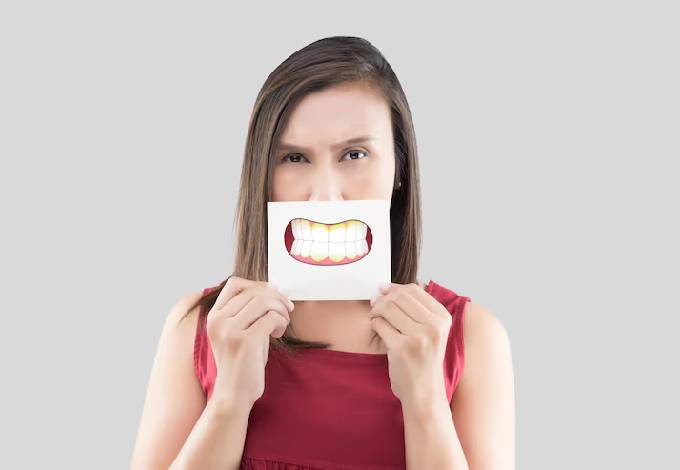Anchor Meadow Health Centre, Aldridge, WS9 8AJ
Anchor Meadow Health Centre, Aldridge, WS9 8AJ

Gum disease, also called periodontal disease, is an infection in your gums. It is caused by the bacteria found in dental plaque and tartar (dental calculus). If you do not remove this bacterial debris regularly, it can trigger inflammation in your gums that makes them swell and pull away from your teeth. Left untreated, the infection can spread into the ligaments and bone around your teeth.
Do you have gum disease? You may need treatment for periodontal disease if you suffer from the following symptoms:
Gum disease begins as a common condition called gingivitis. Gingivitis is reversible inflammation in your gums marked by some bleeding and redness. If you have gingivitis and do not treat it, the condition can worsen and turn into periodontal disease.


Gum disease weakens the supporting bone around your teeth and can make them loose and prone to falling out. Years of research link gum disease to other serious health conditions such as diabetes, heart disease, and stroke.
The most important way to combat the effects of gum disease is to get rid of the bacteria and other debris that are irritating your gums.
We offer treatments that help to eliminate harmful bacteria. These include:
Deep scaling
One of our hygienists will use teeth cleaning instruments to remove debris just below the gum line around your teeth.
Root planing
In this treatment, a hygienist will use special tools to smooth out the roots of affected teeth which have calculus and bacteria embedded in their surfaces. Root planing can help the inflamed gum tissue to heal and reattach to your teeth.

No matter how anxious you feel, rest assured we have seen somebody more nervous and will do everything we can to help you overcome your fears.
Learn More
Just £14.85 per month
Monday 9am-5pm
Tuesday 9am-5pm
Wednesday 9am-6pm
Thursday 9am-5:30pm
Friday 9am-2pm





